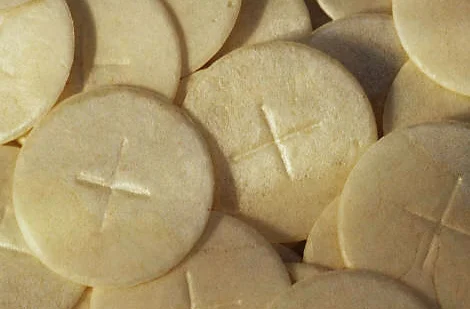Buried inside the websites of colleges and universities are the calendars covering the nitty-gritty details of academic and student life.
That's a great place for research by parents considering places for their children to spend some of the most formative years of their lives, according to a Catholic scholar involved in fierce debates about postmodern trends in education.
Anthony Esolen thinks parents should pay special attention to student-life offerings on Friday and Saturday nights.
"You aren't just looking to see what kinds of things they're doing, you're looking for what is missing," said Esolen, best known for his translation of Dante's "The Divine Comedy." He has also written "The Politically Incorrect Guide to Western Civilization," "Ten Ways to Destroy the Imagination of Your Child" and other books on hot-button subjects.
For example, Esolen once noticed that calendars at Benedictine College in Atchison, Kan., contained lots of dancing -- swing dancing, to be precise. That sounded fun, but it didn't sound like business as usual in this day and age.
"What you're trying to find out," he explained, "is whether campus leaders are making serious attempts to build some wholesome community life. You're looking for chances for young men and women to get together in settings that tend to reinforce what a Catholic college is all about. … Otherwise, the weekend is just the weekend and we know what that means."
This topic may not sound controversial, said Esolen, but it is because of cultural issues looming in the background -- the defense of ancient doctrines on sexuality, gender and marriage. What happens in classrooms is important, but so are the expectations campus leaders establish for campus life, especially in their dormitories.
"Like it or not, parents have to learn whether a school is or is not on board with the whole Sexual Revolution," he said. If a school "has capitulated on that front" then traditional Catholic parents, or serious religious believers in other flocks, "have to run away and not look back. You can't compromise on that, right now."
The irony is that these kinds of doctrinal issues are critically important to both liberal and conservative Catholics. The bottom line: They are seeking different answers to the same questions.








